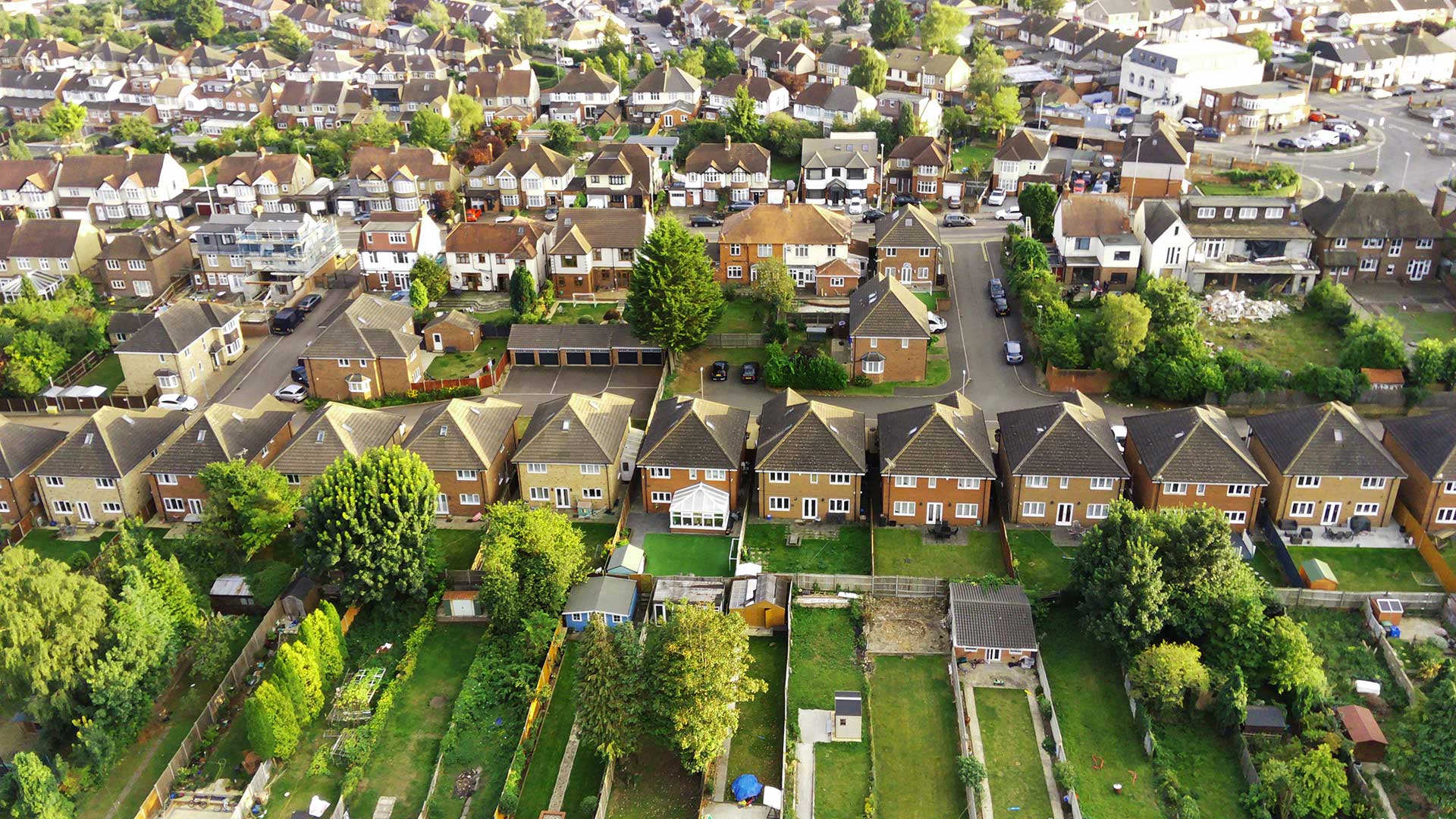3 in 4 Britons are happy to receive COVID-19 vaccine
The Britain Barometer is our regular polling of public opinion in Britain. We cover a range of topics including political views and voting intentions, the economy, government policies and emerging issues important to the British public.

After a vaccine presenting as 90% effective in stage three clinical trials was announced by Pfizer on Monday, 76% of Britons (and 66% of Americans) say they would be happy to be vaccinated against COVID-19.
This likelihood to be vaccinated is supported by the degree of confidence in the vaccination for being safe (more so in GB at 75%, US 66%) and effective (GB 79%, US 70%). Respectively 19% (GB) and 25% (US) seem reluctant to have a COVID-19 vaccine.
However, the number of people who say they would be happy to get vaccinated, and the degree of certainty among those likely to get vaccinated, has decreased since our previous research. In June, 78% of Britons said they would get vaccinated. Those saying they would ‘definitely’ get vaccinated has fallen from 50% in June to 43% this week. In the US the drop is sharper: In June, 71% said they would be happy to get vaccinated, compared to 66% now. 47% said in June they would ‘definitely’ get vaccinated, compared with 30% saying ‘definitely’ this week .
More detailed analysis on themes
1. Why are people reticent?
This hesitation might be explained by the recent announcement, making it obvious that any vaccine against COVID-19 will be a new one. 53% of Britons (and 55% of Americans) are worried about the safety of coronavirus vaccines because of the speed with which they are being developed and produced.
In the US, 41% are more worried about receiving a vaccine whose full effects are not yet known, versus 36% who are more worried about catching and spreading coronavirus. In Britain, perceptions between those two risks are reversed, with more people concerned about catching and spreading the virus (31%/47%).
In addition, only 34% in GB and 27% in the US consider that the COVID-19 pandemic is so serious that in order to save time (and lives), it would be acceptable to take slightly fewer precautions than usual to test and distribute a vaccine.
These questions raised by the speed of implementation will be considered together with two factors known as being influential in prevention behaviours:
- Perceived likelihood to contract the disease: 47% in Great Britain say that they consider themselves likely to contract coronavirus without vaccination
- Perceived seriousness of the disease: 57% in Great Britain consider that contracting COVID-19 could seriously affect their health.
In the US, 42% of the respondents are confident that they can prevent themselves from getting the coronavirus without vaccination, while only 28% of Britons share this confidence. However, a majority in of Britons (75%) believe that a coronavirus vaccine is the best way to help life get going again (61% in US).
2. Trust in public bodies
It remains that the condition of development and distribution of a future vaccine may affect the propensity of the population to get vaccinated. In both countries, there’s no clear majority in favour of a compulsory vaccination, be it for children or for the general population. Therefore, confidence in public authorities and prescriptions will be key to get to a sufficient vaccination rate in the population. In this respect, the situation differs significantly in both countries surveyed:
- 68% in GB (62% in US) trust the government to make the right decisions about making a vaccine against coronavirus available.
- 57% in GB are confident that a vaccine will not be dangerous if proposed by the public authorities. Only 40% think the same in the US.
- 62% in GB and only 50% in the US put their national health authorities among the three most reliable sources of information about a COVID-19 vaccine. Personal doctors and doctors who speak in the media are the other most trusted prescribers.
3. Notes
A total of 1,000 interviews were conducted online in each country among adults living in Great Britain and the USA on 10 and 11 November using Kantar’s Accelerated Answers service across respondents on the Kantar Profiles Network. All interviews were conducted as online self-completion.
This Britain Barometer was issued under our former global brand name: Kantar Public.
Our latest thinking
Subscribe to receive regular updates on our latest thinking and research across the public policy agenda
Our latest thinking
Subscribe to receive regular updates on our latest thinking and research from across the public policy agenda








